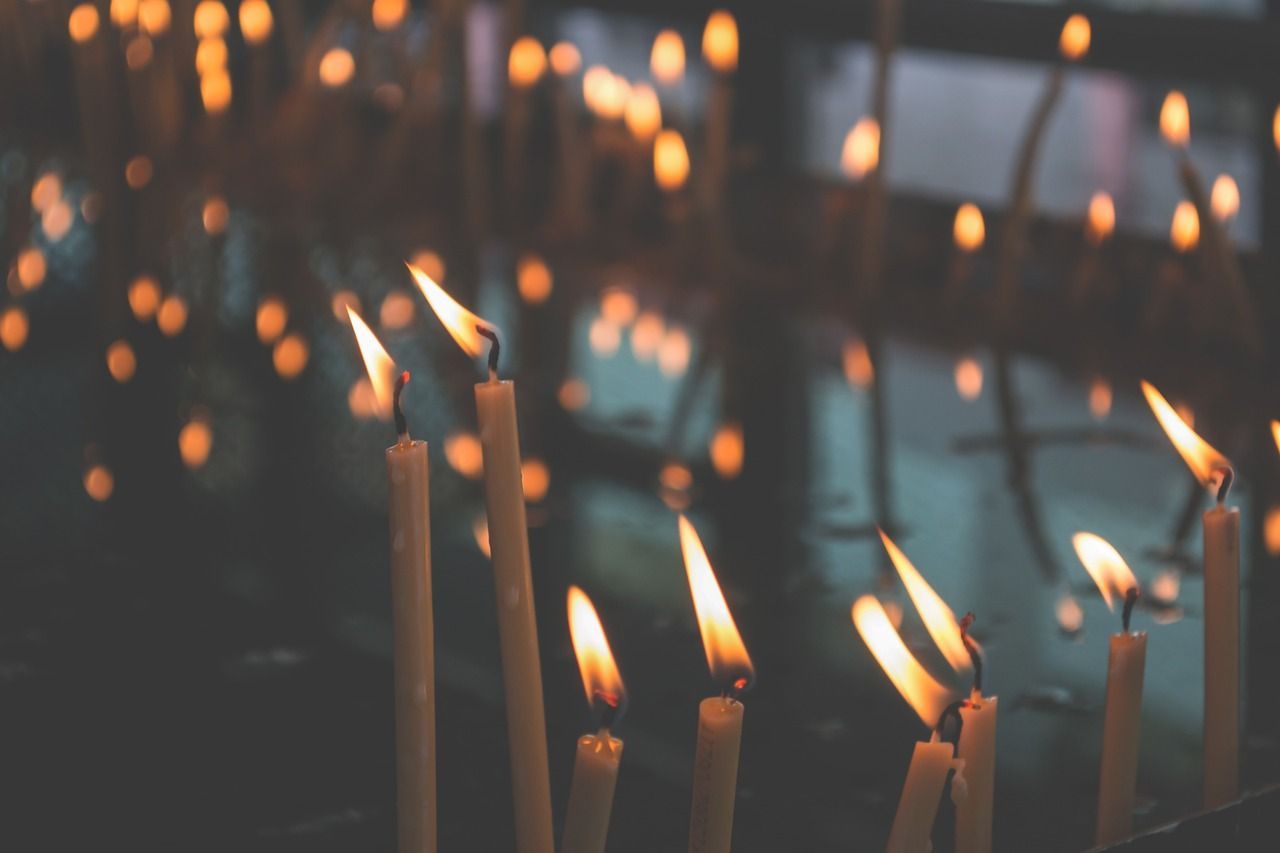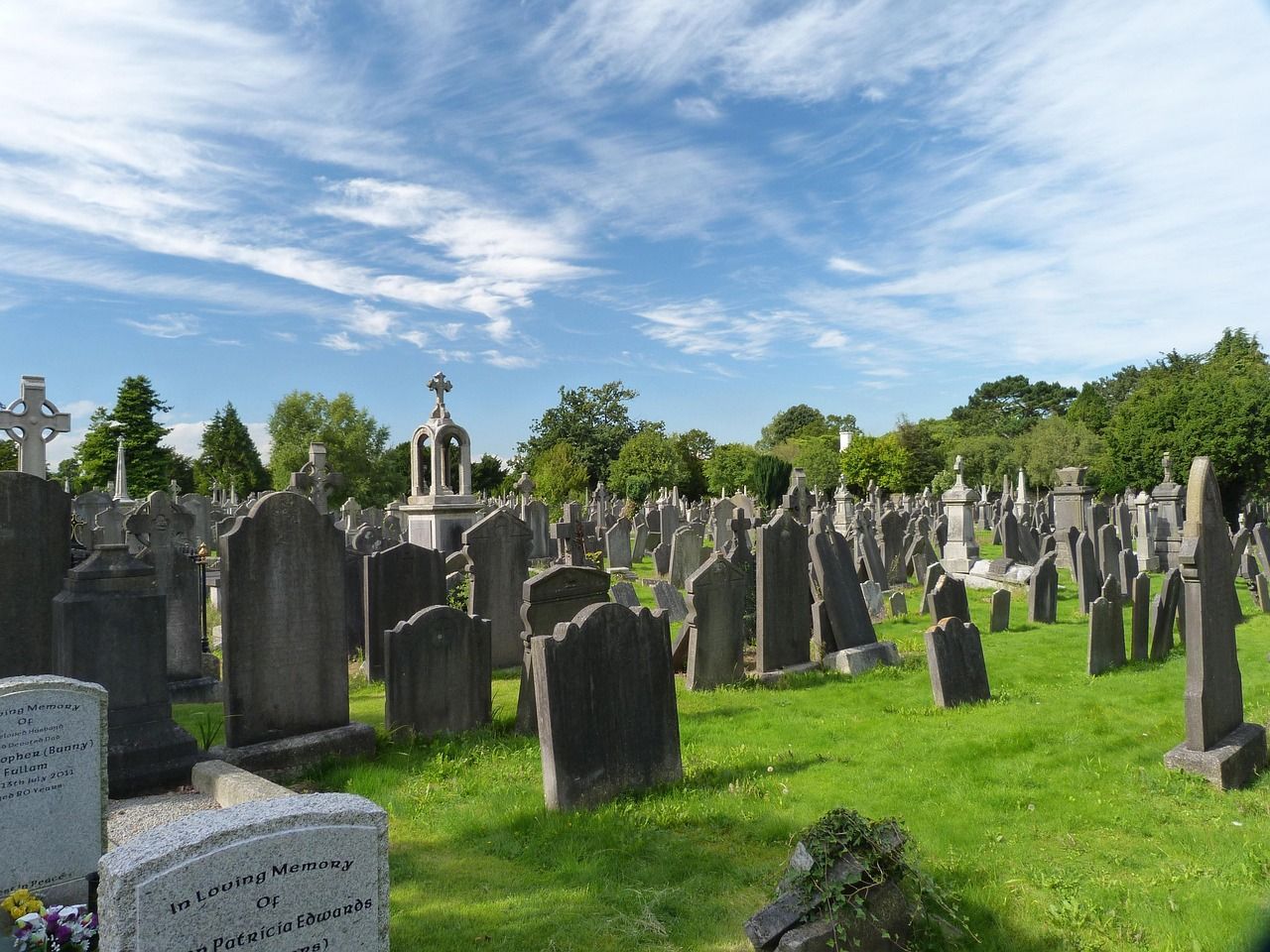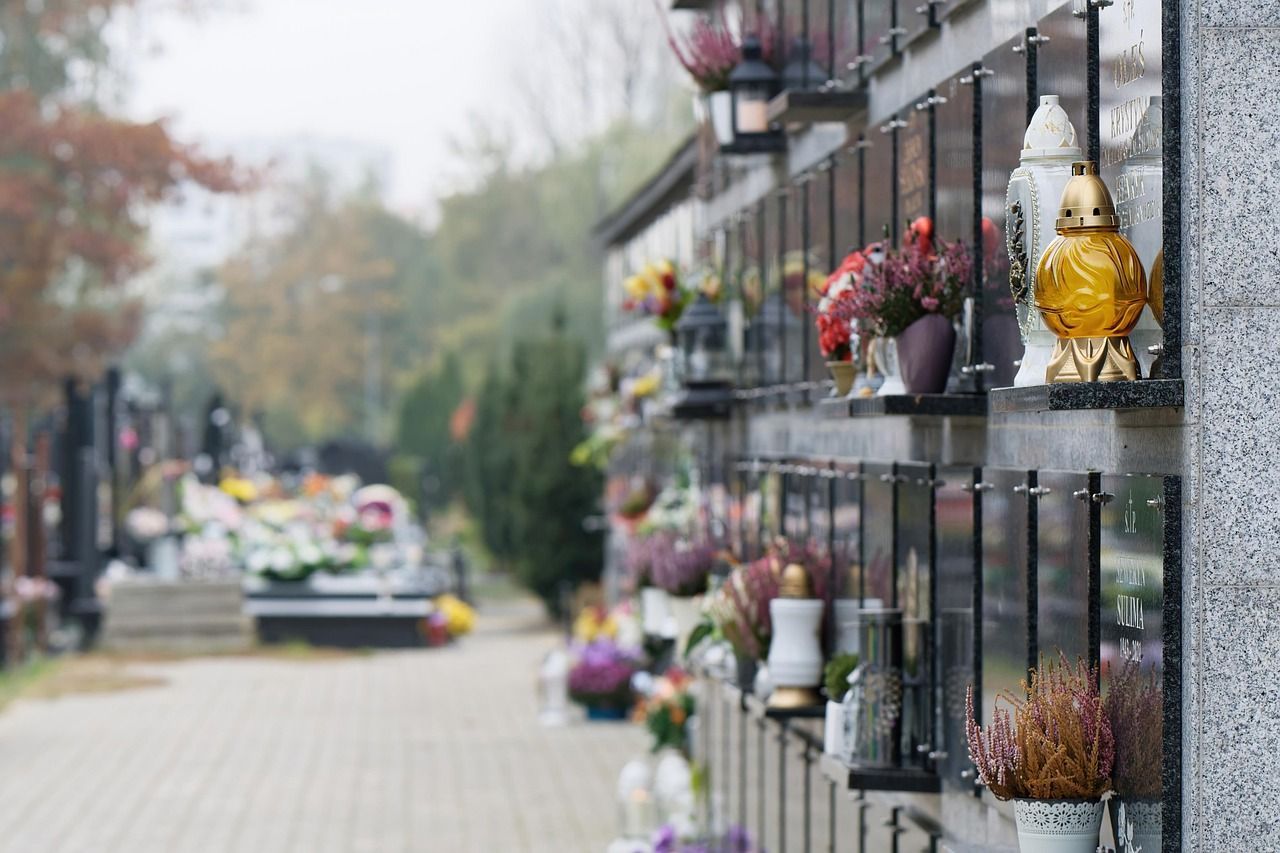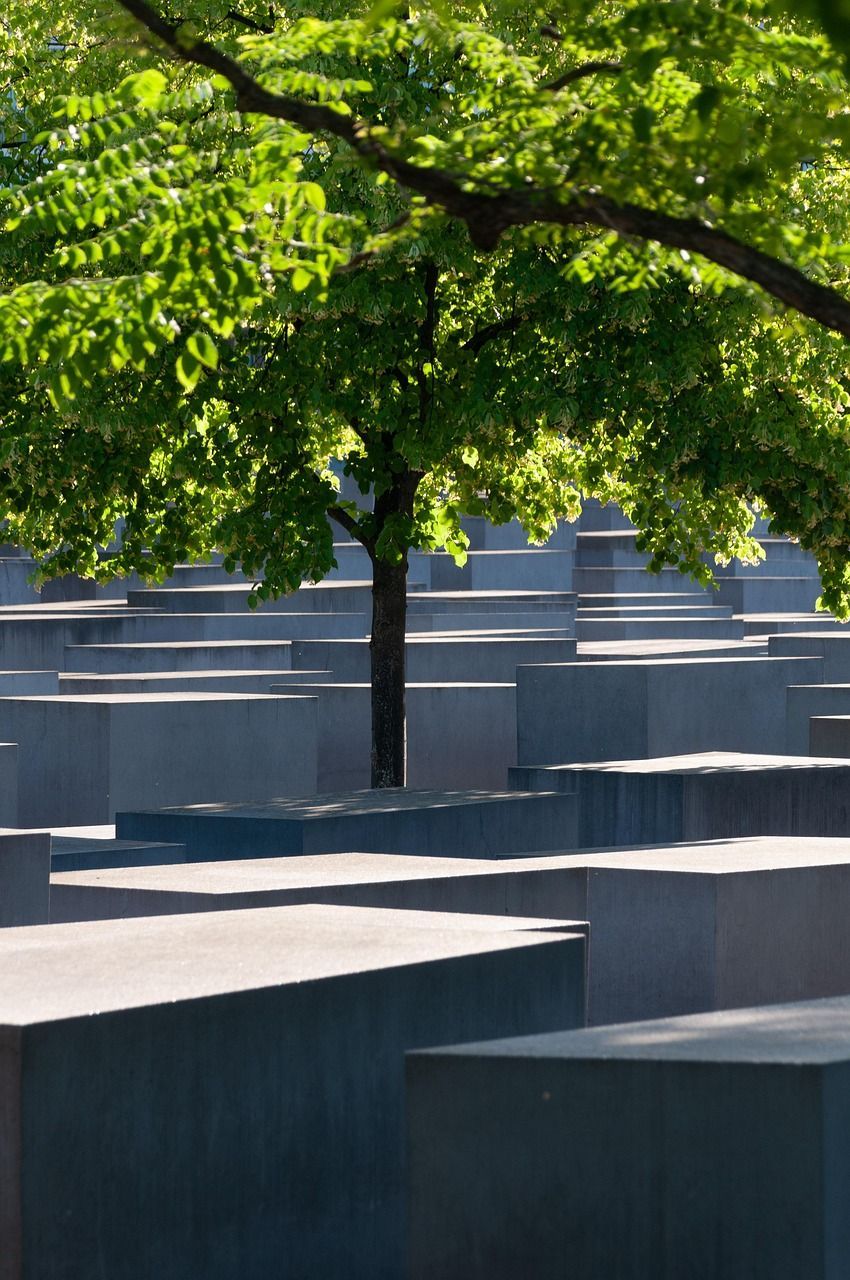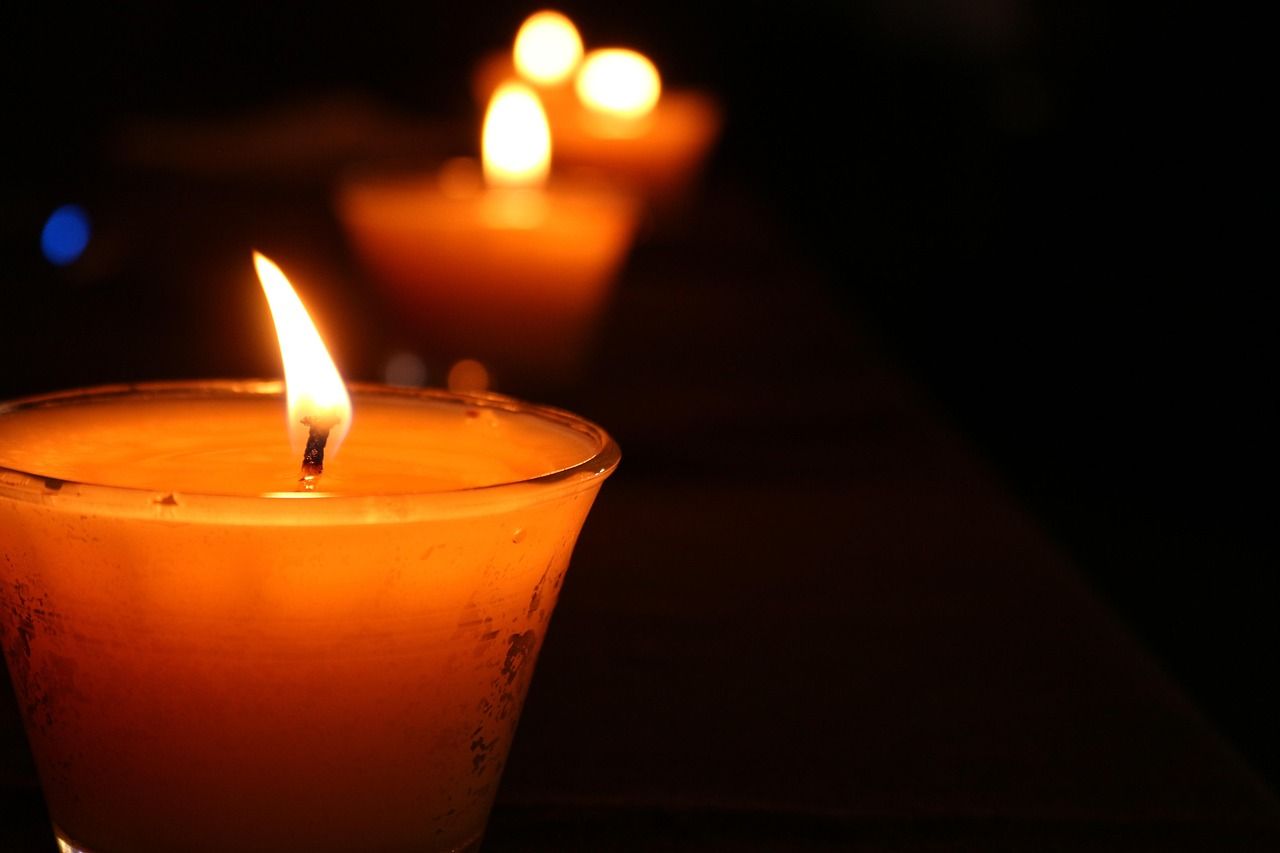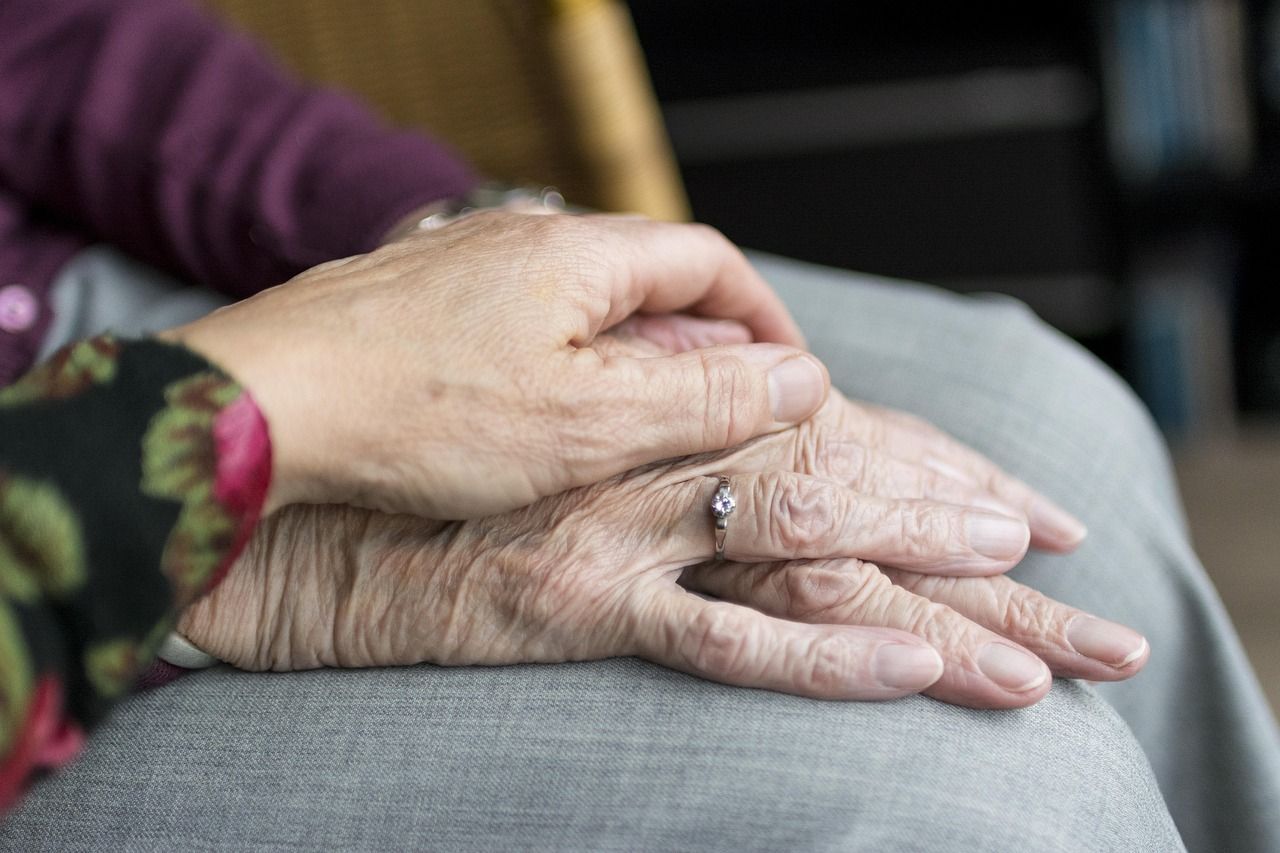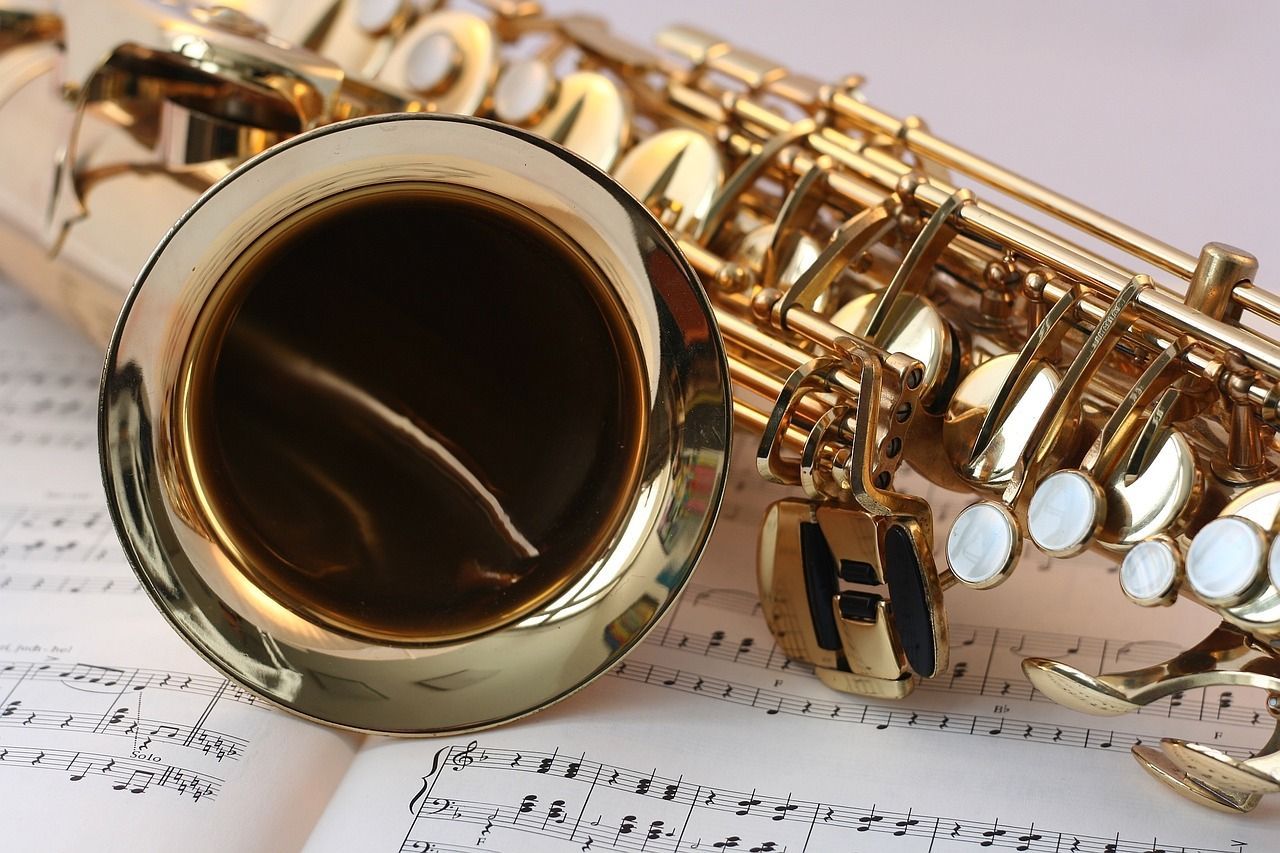Choosing Between Cremation and Burial: What's Right for Your Family?
When deciding between cremation and burial for your family, consider personal beliefs, cost, environmental impact, grief, closure, family preferences, and cultural influences. These factors play an essential role in making the right choice. Your decision can be influenced by traditions, budget, sustainability, emotional well-being, and practical aspects of funeral planning. Understanding these elements will help you make a decision that aligns with your values and honors your loved one. Each family's situation is unique, and by exploring these aspects, you can find the best option for your family's needs.
Key Takeaways
- Consider family traditions and beliefs.
- Evaluate costs and budget constraints.
- Reflect on environmental impact.
- Prioritize emotional closure and healing.
- Factor in cultural influences on decision-making.
Personal Beliefs and Traditions
When determining between cremation and burial, your personal beliefs and traditions play a significant role in shaping your choice. Cultural customs, religious practices, emotional significance, ancestral heritage, and spiritual beliefs all intertwine to steer your decision-making process during this challenging time.
Cultural customs are deeply ingrained in many families, influencing how they approach end-of-life rituals. These customs may dictate whether cremation or burial aligns best with your heritage and values.
Similarly, religious practices often provide a framework for honoring the deceased in a manner that reflects your faith and traditions. Considering the emotional significance attached to these practices is vital, as they can offer comfort and solace during the grieving process.
Ancestral heritage carries the weight of generations past, impacting how families choose to honor their loved ones. Whether following in the footsteps of ancestors or forging a new path, the connection to your heritage can shape your decision.
Furthermore, spiritual beliefs shape your understanding of life and death, influencing whether cremation or burial resonates more deeply with your worldview.
When deciding between cremation and burial, it's important to honor your personal beliefs and traditions, recognizing the profound impact they've on how you choose to commemorate the life of your loved one.
Cost Considerations
Consider the financial implications when weighing the choice between cremation and burial for your loved one. Budget planning is vital when making such decisions, as economic factors play a significant role in determining which option is more viable for your family.
It's important to conduct an expense comparison between cremation and burial to determine the affordability options that best suit your financial situation.
Cremation tends to be more cost-effective than burial due to factors like not needing a casket, burial plot, or embalming. However, additional services such as a memorial service or urn selection can add to the overall cost.
On the other hand, burial involves higher expenses related to caskets, burial plots, headstones, and other funeral services.
When considering the financial implications of cremation versus burial, it's crucial to evaluate your budget carefully. Look into different packages offered by funeral homes, compare prices, and inquire about any potential additional costs. Some funeral homes may provide affordable options or payment plans to help manage expenses.
Ultimately, understanding the financial aspects of both cremation and burial can assist you in making a decision that aligns with your budget and provides a meaningful farewell for your loved one. By considering these economic factors and exploring affordability options, you can navigate this aspect of end-of-life planning more confidently.
Environmental Impact
To gain a deeper insight into the environmental impact of choosing between cremation and burial, it's essential to assess the ecological footprint of each option.
When considering eco-friendly options, it's worth mentioning that cremation, while popular, has its drawbacks. Cremation contributes to the carbon footprint due to the energy required for the process and the release of greenhouse gases.
On the other hand, green burials offer sustainable choices that have lower environmental impacts. Green burials prioritize natural decomposition, avoiding embalming fluids and non-biodegradable materials. This approach minimizes the environmental considerations associated with traditional burials, making it a greener option for those concerned about their ecological footprint.
By choosing a green burial, you can positively impact the Earth even after you've passed.
When making the decision between cremation and burial, take into account the carbon footprint each option leaves behind. Green burials stand out as a more environmentally friendly choice, aligning with sustainable practices and reducing the impact on the planet.
Consider these factors carefully to make a choice that resonates with your values and environmental concerns.
Grief and Closure
As you navigate the decision between cremation and burial, it's important to address the aspect of grief and finding closure in this process. The healing process after losing a loved one can be challenging, and having the right emotional support and coping strategies in place is vital. Engaging in memorial services and closure rituals can aid in this path towards healing and acceptance.
Grief and Closure Strategies:
- Healing Process: Allow yourself to grieve at your own pace. Seek support from friends, family, or a therapist. Embrace your emotions to move towards healing.
- Emotional Support: Surround yourself with understanding individuals who can listen without judgment. Join support groups or seek professional counseling if needed. Sharing your feelings can lighten the emotional burden.
- Memorial Services: Participating in memorial services can provide a sense of closure. Celebrate your loved one's life, share memories, and find comfort in the presence of others who care.
- Coping Strategies: Find healthy ways to cope with grief, such as journaling, exercising, or engaging in hobbies. Take care of your physical and mental well-being during this difficult time.
Family Preferences
In addressing family preferences regarding cremation or burial, understanding their wishes and honoring their choices is paramount during this sensitive time. When considering cultural customs, it's important to respect and adhere to traditions that hold significance for your family. These customs may provide comfort and a sense of connection to your heritage, guiding your decision between cremation and burial.
Emotional connections play an important role in this decision-making process. Reflect on the emotional significance of the final resting place in relation to your loved one. Whether it's a serene burial ground where family can visit or a keepsake urn that holds sentimental value, understanding these emotional ties can help you choose what best honors your family member's memory.
Religious practices often influence preferences for cremation or burial. Consider how your faith tradition views these options and how they align with your beliefs and values.
Family dynamics also play a significant role in decision-making. Open communication and understanding each other's perspectives can help navigate any differences in opinion.
Community traditions may also shape your choice. Reflect on how your community typically commemorates the departed and consider whether following these traditions brings solace to your family.
Practical Considerations
Considering the practical aspects of cremation or burial can help you make informed decisions that align with your family's needs and preferences. When deciding between the two options, it's important to take into account various factors such as location logistics, time constraints, religious customs, cultural norms, and emotional readiness.
Practical Considerations Details Importance
|-----------------------------------------|-----------------------------------|------------------------------------|
Location logistics Proximity to family Ensures accessibility
Time constraints Funeral planning time Meets deadlines
Religious customs Adherence to rituals Respects traditions
Location logistics play an important role as you may want the final resting place to be easily accessible for family visits. Time constraints are necessary to ensure that the funeral planning process aligns with any necessary timelines. Religious customs should be considered to honor and respect the beliefs of the departed and the family.
Cultural norms can influence the choice between cremation and burial, considering the practices commonly followed within your cultural background. Lastly, emotional readiness is crucial, as this decision can have a significant impact on the grieving process. By carefully considering these practical aspects, you can make a well-informed choice that reflects your family's values and preferences.
Funeral Planning Process
When planning a funeral, your focus should be on creating a meaningful and personalized tribute that honors your loved one's life. The funeral planning process involves various aspects, including planning logistics, emotional support, cultural customs, religious practices, and memorial options.
In terms of planning logistics, you'll need to take into account factors such as choosing a funeral home, deciding on burial or cremation, selecting a casket or urn, arranging transportation, and organizing the order of events for the funeral service. It's important to collaborate closely with the funeral director to make sure that all logistical aspects are taken care of smoothly.
Emotional support plays an important role during the funeral planning process. Seek support from family, friends, or a counselor to navigate through the emotional challenges that come with planning a funeral. It's okay to lean on others for help and comfort during this difficult time.
Respecting cultural customs and religious practices is crucial when planning a funeral. Be sure to incorporate any specific cultural or religious traditions that were important to your loved one. This can include rituals, prayers, or customs that hold significance within your community or faith.
When exploring memorial options, consider how you want to honor your loved one's memory. This could involve creating a memory table, displaying photographs, playing their favorite music, or arranging for a special tribute during the service. Choose memorial elements that best reflect and celebrate the life of your loved one.
Frequently Asked Questions
Can I Have a Combination of Cremation and Burial for My Loved One?
You can honor your loved one with a hybrid funeral, combining cremation and burial. Consider a dual ceremony, using a cremation gravesite and a memorial garden. This unique approach blends modern practices with the comfort of a traditional service.
Are There Any Religious Restrictions for Choosing Cremation or Burial?
When contemplating cremation or burial, religious beliefs may influence your decision. Cultural traditions, environmental impact, cost considerations, and emotional closure also play a significant role. It's crucial to honor your values while respecting your loved one's wishes.
How Long Does the Cremation or Burial Process Typically Take?
You're curious about the timelines for cremation or burial processes. The cremation typically takes 2-4 hours, while burial can vary from days to weeks, factoring in cultural traditions, legal requirements, and personal preferences.
Can I Personalize the Urn or Casket for My Loved One?
You can personalize the urn or casket for your loved one with custom options, unique designs, and sentimental keepsakes. Add personalized touches, decorative elements to honor them in a special way that reflects their unique spirit.
What Are the Options for Memorializing a Loved One After Cremation or Burial?
When deciding how to remember your loved one, consider memorial services, keepsake jewelry, memorial gardens, scattering ashes, and cremation art. Each option offers a unique way to honor their memory and find solace.
Conclusion
In the end, whether you choose cremation or burial, remember that your decision is a reflection of your love and respect for your loved one.
Just as each person is unique, so too is the way we honor them. So, trust your instincts, consider your family's wishes, and create a tribute that speaks to your heart.
After all, in this path of remembrance, every choice you make is a brushstroke on the canvas of their memory, painting a beautiful tribute.



